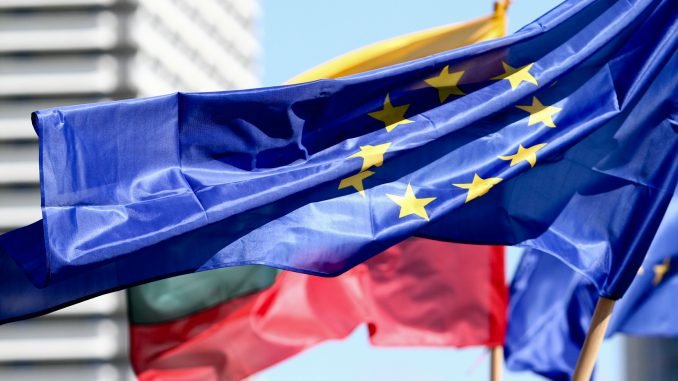
The meeting might highlight the split between Western and Eastern European Countries on how Europe should respond to the largest migrant crisis since World War II.
Last week, the European Commission suggested that member states should share 160,000 refuges, now in Hungary, Greece and Italy, over the next two years. Under the scheme, Lithuania will receive 1,105 refugees after the country’s government swiftly endorsed the proposal.
Lithuanian officials, however, are critical of Germany-backed idea to create a permanent mechanism for Brussels to be able to introduce mandatory quotas at any time in case of a critical situation. Some Central and Eastern European countries fear such a permanent quota system would further fuel immigration and the burden will become hard to handle in the future.
Last week, the Government of Lithuania expressed its officially endorsed position, stating that, first of all, it must be analyzed whether temporary measures “are effectively contributing to the crisis management” and “only then decide on the need to establish a permanent mechanism”.
Lithuania will be represented by Interior Minister Saulius Skvernelis in Brussels. He has confirmed that Lithuania will speak out against a permanent mechanism. He acknowledged, however, that resistant countries might be outvoted. The Seimas Committee on European Affairs is also critical of a permanent mechanism.
Meanwhile, Lithuanian President Dalia Grybauskaitė believes “there’s no point” in “arguing in advance”, adding, however, that solidarity cannot be based on “forced mechanisms”.
Meanwhile the European Commission and some Western European countries believe that a common system must be created as military conflicts continue in Europe’s neighborhood. According to diplomats, Central and Eastern European countries are being criticized for their lack of solidarity with Western and Southern European counties.
“Active military action is now taking place around the EU. In the context of that military action (…), the absence of a permanent mechanism would make us solve problems in one place today, some other place tomorrow and a third place the day after tomorrow, and it will be very bad. A war is taking place in Syria, military action is taking place in Ukraine, Libya. The question is how we can solve problems by not having permanent mechanisms until the war ends,” Lithuanian EU Commissioner Vytenis Andriukaitis has told BNS.
If EU interior minister fail to agree on Monday, an emergency EU summit will be held later this month.

Be the first to comment